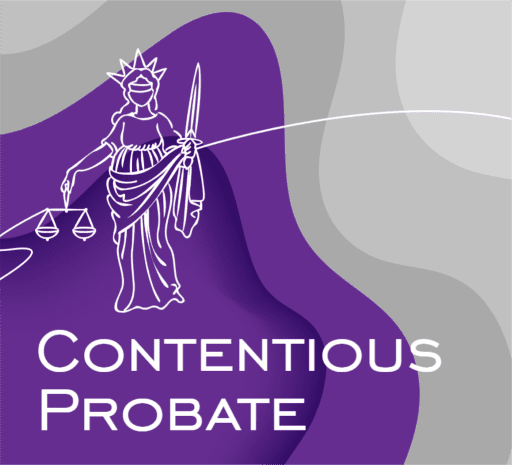By law, a final will and testament must represent a clear, complete and valid account of the deceased party’s wishes. It must specify precisely how their estate and assets should be distributed, following their death.
Unfortunately, it is not uncommon for a will to contain any number of discrepancies, or be open to interpretation in a variety of ways. For various reasons, you may feel it your right or even your obligation to contest a will, despite the sensitivity of the situation.
With this in mind, what follows is a brief overview of just a few common reasons for contesting a will, which may help you determine whether or not you have a valid case:
Grounds for Contesting a Will – Undue Influence
If you believe that the deceased party was forced, coerced or influenced unfairly at any time when writing their will, it’s important to seek legal advice as early as possible. Sadly, it is commonplace for individuals writing a will – particularly older and vulnerable parties – to be deliberately misled and unfairly influenced in the process. Selecting and presenting evidence of undue influence can be challenging, calling for expert legal support from the earliest possible stage.
Grounds for Contesting a Will – Fraud and Forgery
It is also far from uncommon for a final will and testament (in full or in part) to be forged. Fraudsters are known for taking advantage of individuals in vulnerable positions, writing and signing important documents without the authorisation of the named party. It’s important to remember that anything added to or amended in a will without the authorisation of the individual concerned could invalidate the entire document.
Grounds for Contesting A Will – Lack of Testamentary Capacity
Under UK law, only an individual who is of sound mind is legally entitled to produce a formal will and testament. They must fully understand the value and nature of their estate, be aware of the decisions they are making and make informed decisions regarding who is included and excluded in their will. If you believe that the will was produced (in full or in part) by an individual who was not in sound mind at the time, you may have grounds for a case.
Grounds for Contesting A Will – Lack of Knowledge and Approval
As a final will and testament can be a complex document, some hire third parties for assistance, or enlist friends and family in the process. In doing so, they hand over a great deal of power and responsibility. Where additional parties are involved in the drafting of a will, it is perfectly possible for the signatory to agree to any number of terms they are unaware of, or simply do not understand. If anything in the document was agreed to without the knowledge and approval of the signatory, this is considered grounds for contesting a will.
If you have any questions or concerns regarding the validity of a will or how to contest a will, contact a member of the team at Aristone Solicitors anytime.

